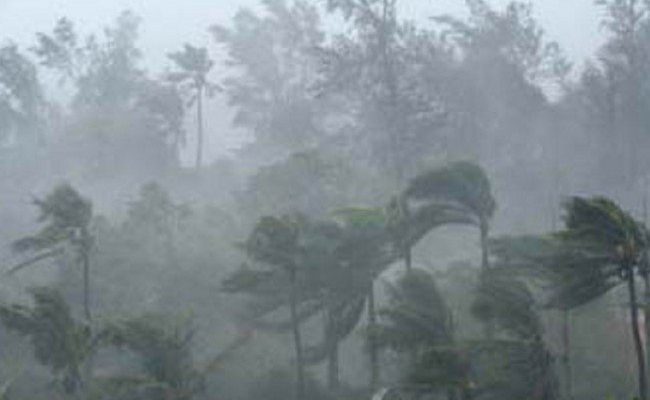
The Department of Climate Change and Meteorological Services (DCCMS) has released its forecast for the 2024/2025 rainfall season in Malawi, predicting a mixed bag of normal to below-normal rainfall in some areas and above-normal rainfall in others.
Sharing the forecast, Lucy Mtilatira, DCCMS Director, said the season is expected to start in mid-November in southern districts and spread to other parts of the country by the end of November and early December.
However, some areas in the north, such as Karonga, Kasungu, and Chitipa, may experience a delayed onset of roughly two weeks.
Mtilatira added that the forecast indicates most areas can expect normal to above-normal rainfall from January to March 2025, with some areas in the central region and along the northern Lakeshore likely to receive above-normal rainfall.
However, the onset of rainfall in November is expected to be reduced in most areas, which may negatively impact the season’s start.
The DCCMS warns of potential extreme weather events, including flooding, which may impact crop yields, properties, infrastructure, and lives.
On the other hand, the forecast also presents opportunities for various sectors, including hydropower generation, water supply, and irrigation.
“Additionally, the forecast indicates that this season’s rainfall is likely to sustain the elevated water levels in Lake Malawi. This presents opportunities for various sectors, including hydropower generation, water supply, and irrigation. However, elevated water levels could continue to pose significant challenges for communities along the lake and the Shire River,” warns DCCMS.
DCCMS further predicts the rainfall season is likely to be longer in most districts of southern Malawi compared to the previous 2023/2024 season, with the length likely to be greater than 110 days in many districts.
However, attention is given to Machinga and Kasungu, which may have a shorter length of 10 days or more.
The department encourages users from various sectors to seek advice from relevant ministries to better apply this forecast in their respective fields and to stay informed, prepared, and safe during the upcoming rainfall season.














